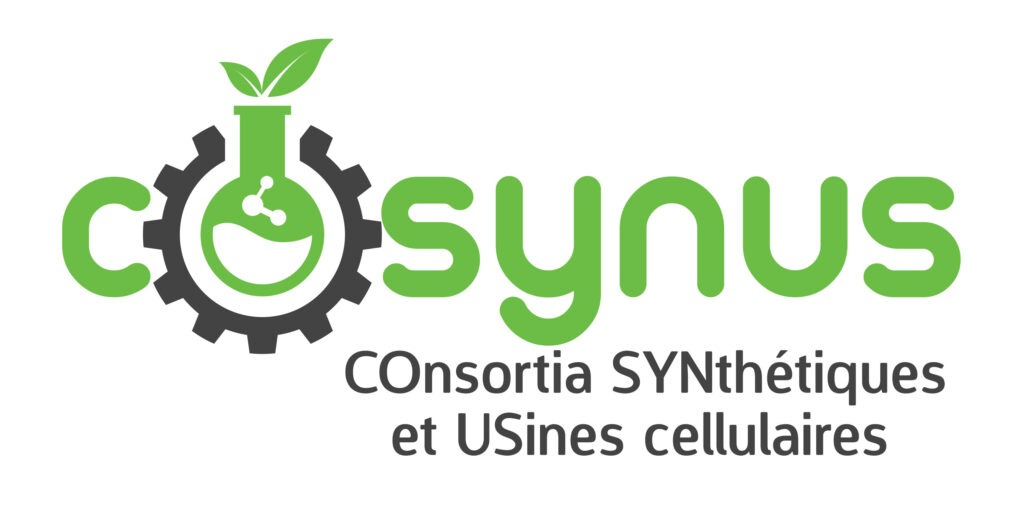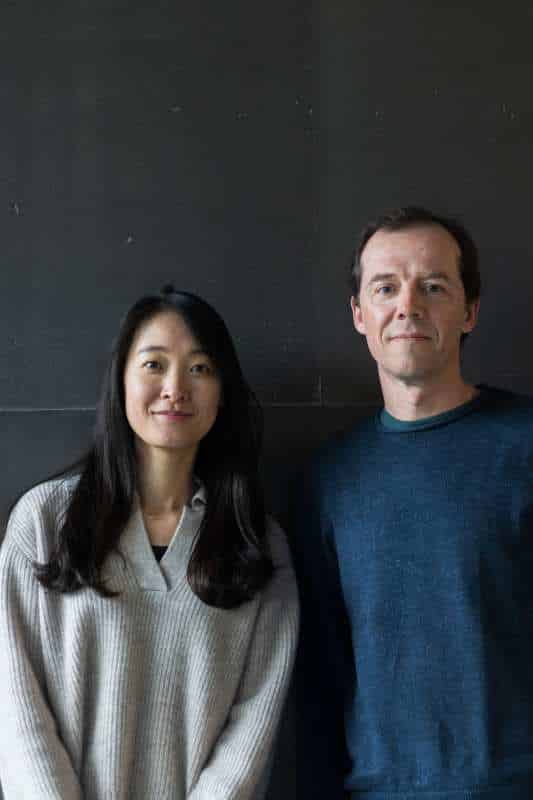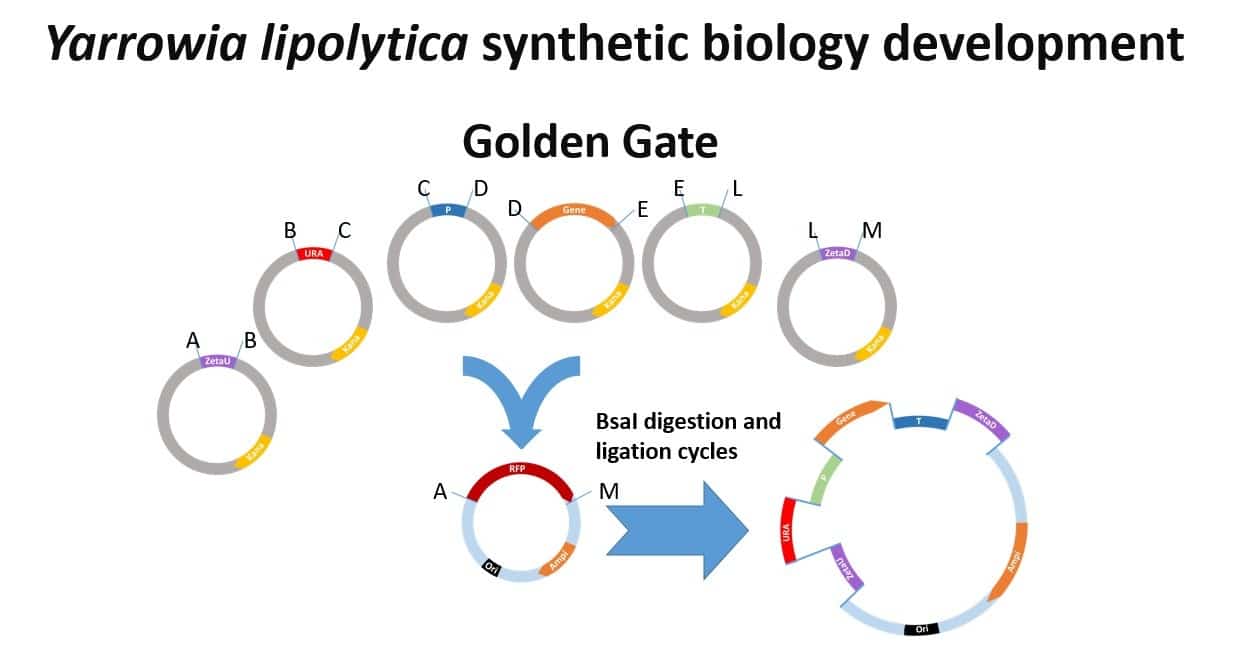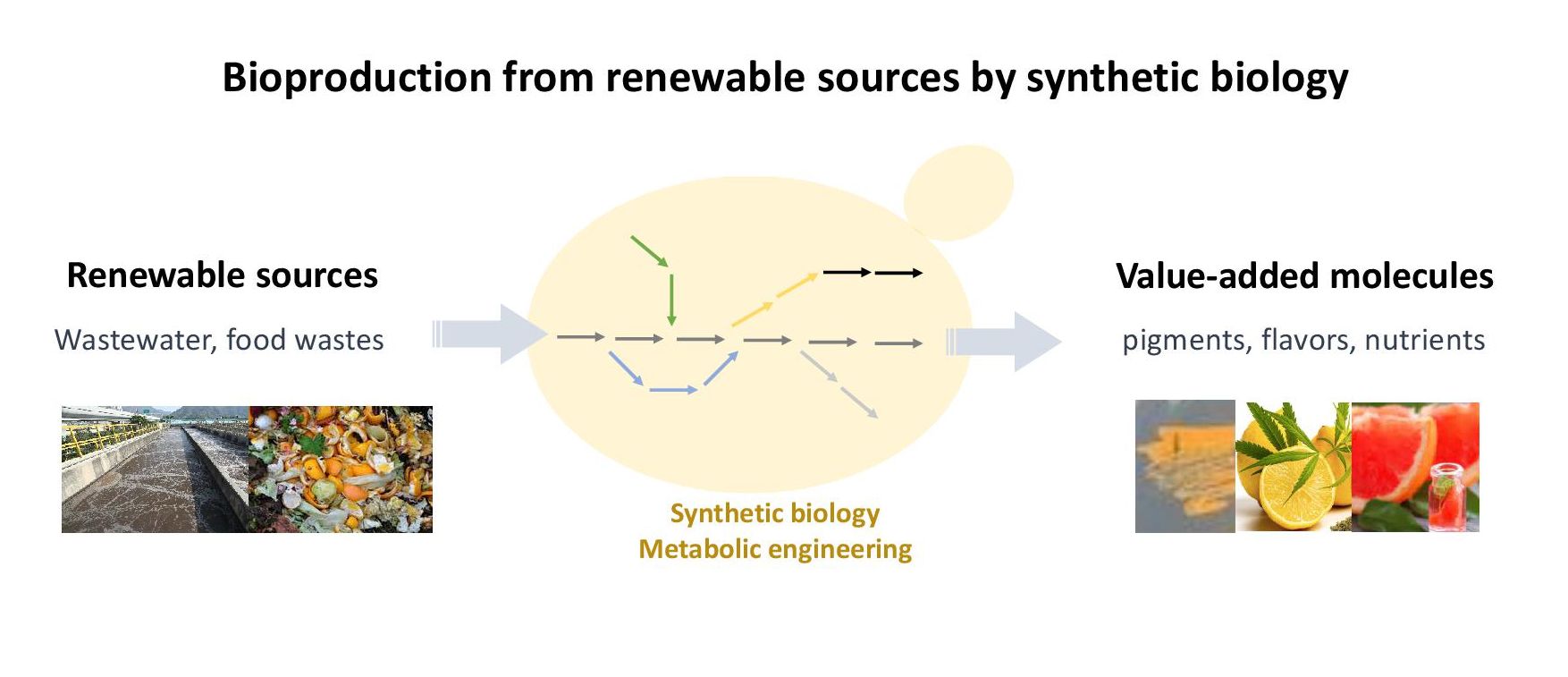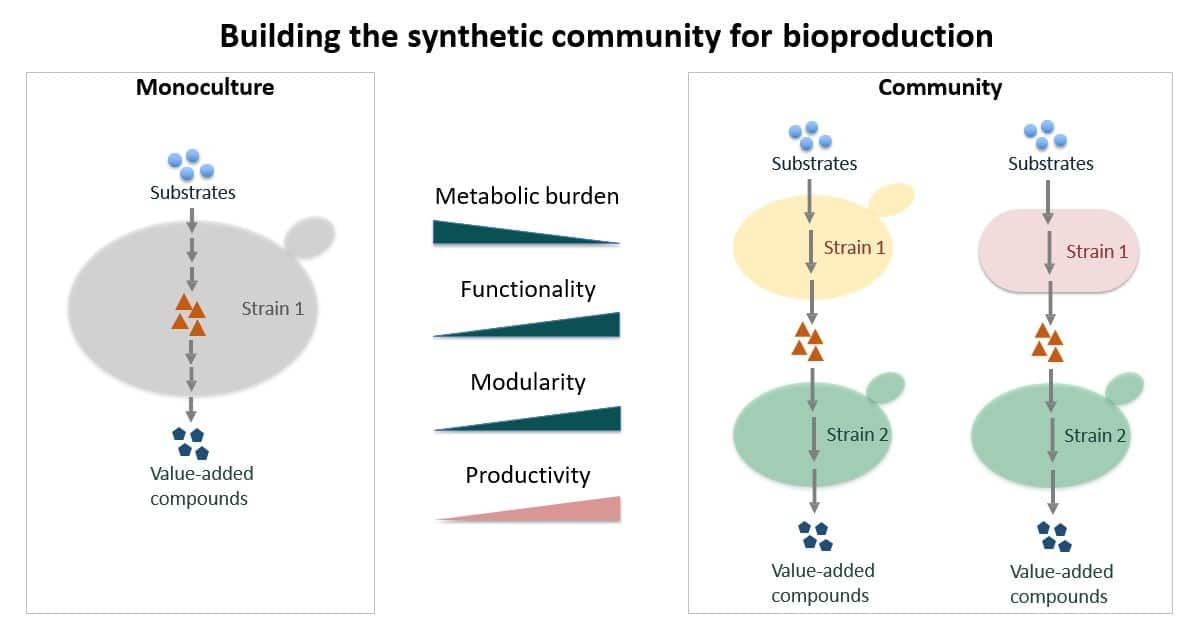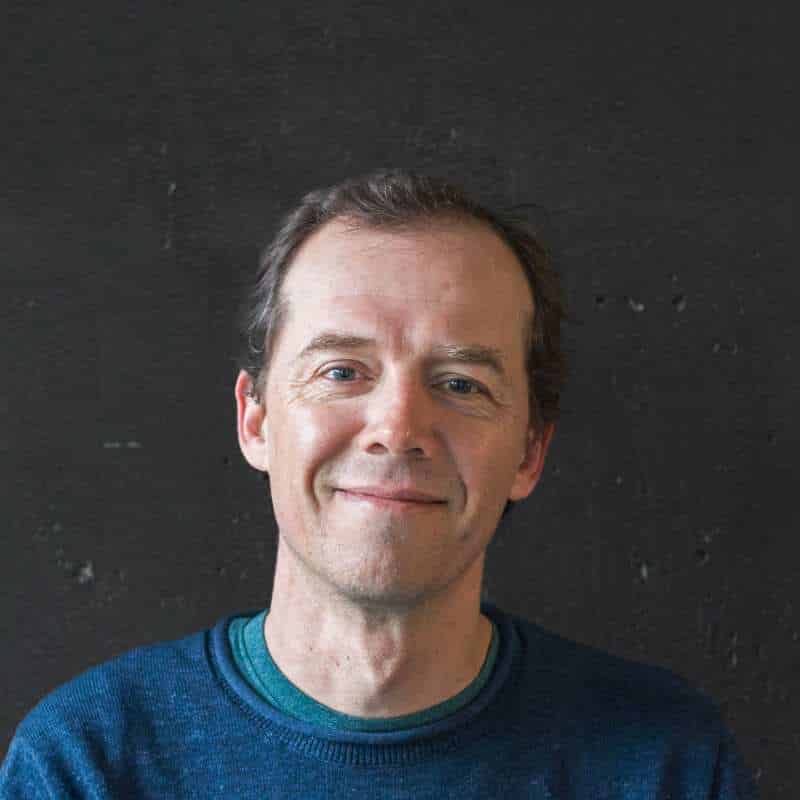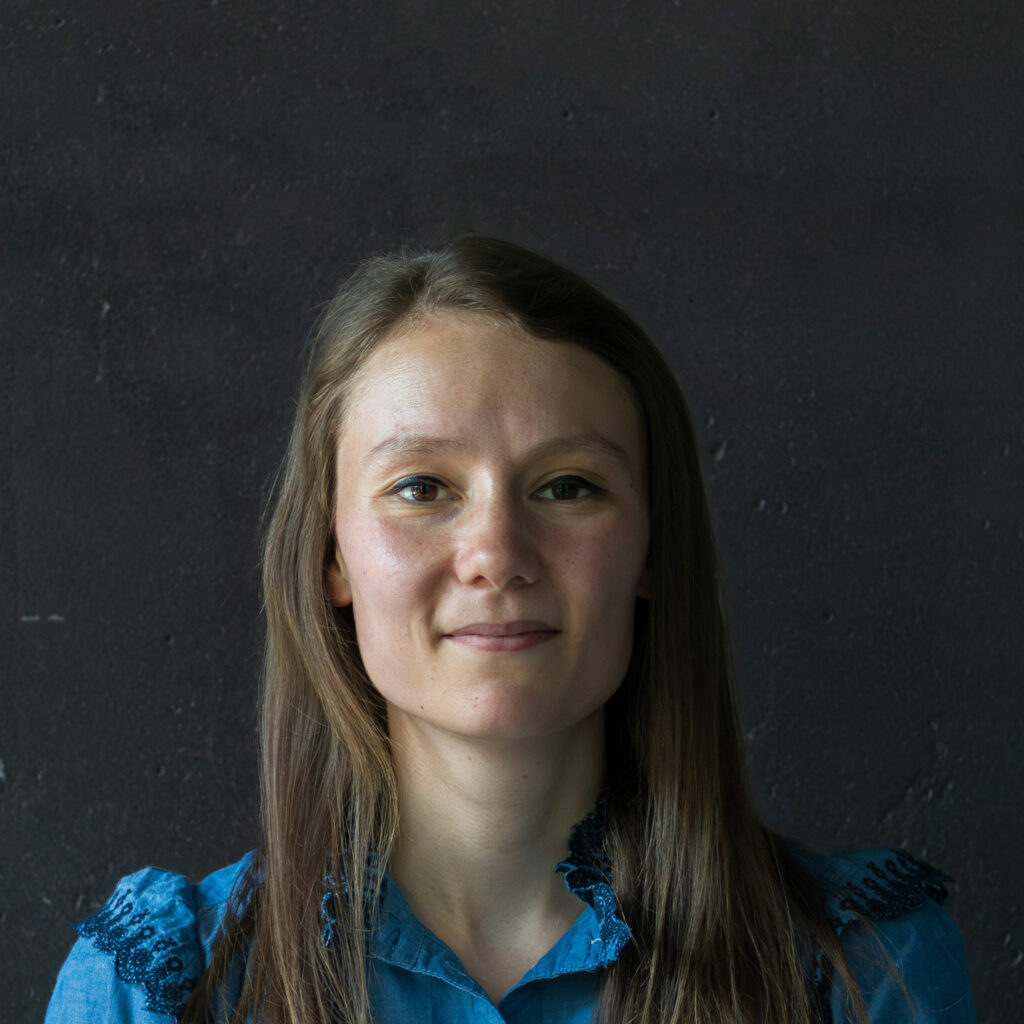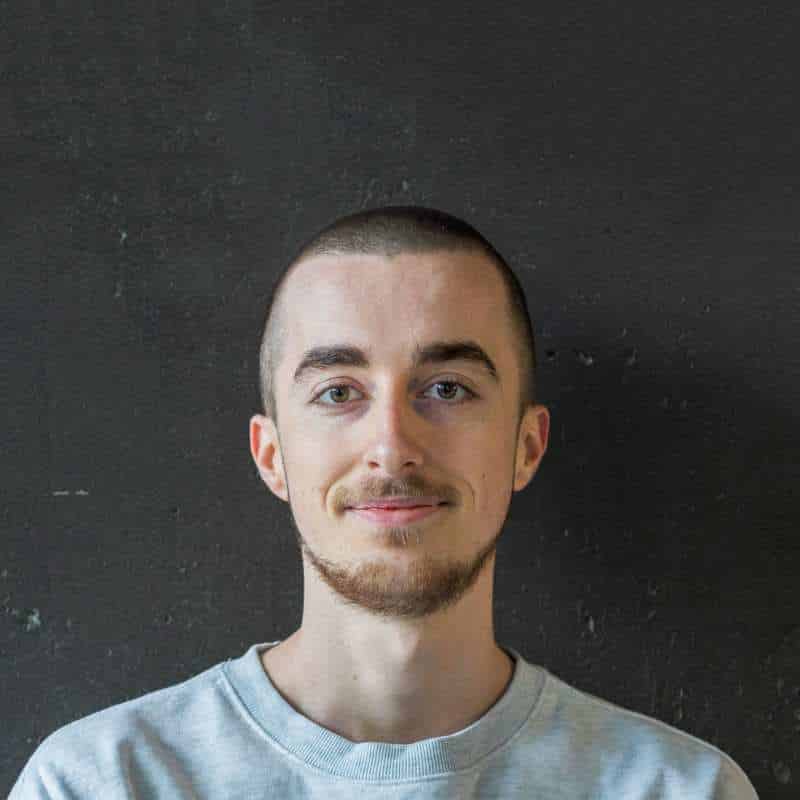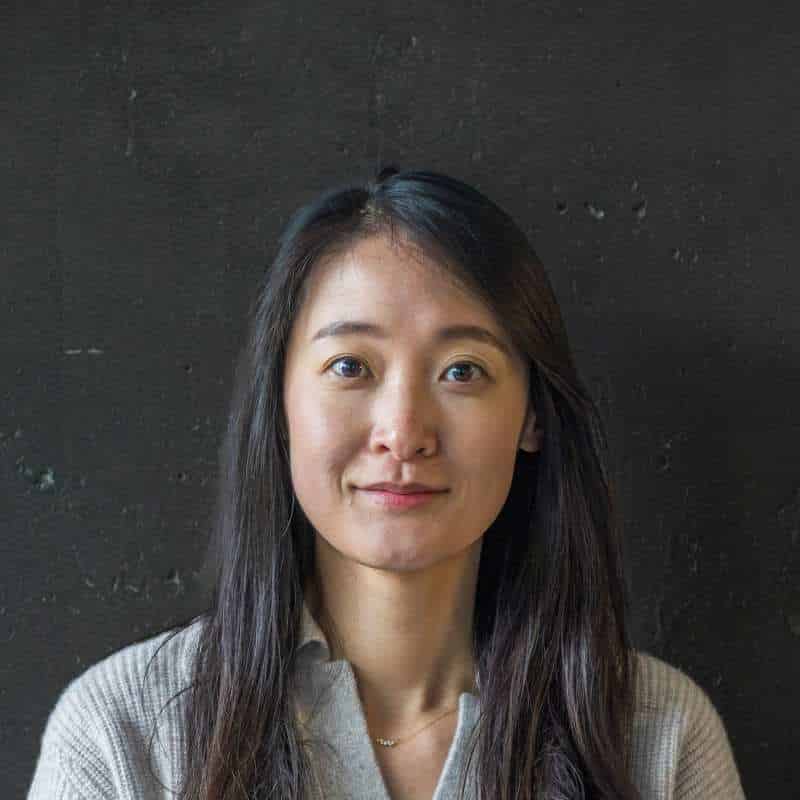- Zhou, T., Park, Y.-K., Fu, J., Hapeta, P., Klemm, C. & Ledesma-Amaro, R. Metabolic engineering of Yarrowia lipolytica for the production and secretion of the saffron ingredient crocetin. Biotechnology for Biofuels and Bioproducts 18: 1 (2025). 10.1186/s13068-024-02598-y
- Park, Y.-K., Sellés Vidal, L., Bell, D. et al. Efficient synthesis of limonene production in Yarrowia lipolytica by combinatorial engineering strategies. Biotechnol Biofuels 17, 94 (2024). 10.1186/s13068-024-02535-z
- Park, Y.-K., Peng, H., Hapeta, P., Sellés Vidal, L. & Ledesma-Amaro, R. Engineered cross-feeding creates inter- and intra-species synthetic yeast communities with enhanced bioproduction. Nature Communications 15, 8924 (2024). 10.1038/s41467-024-53117-4
- Bernard, A., Rossignol, T. & Park, Y.-K. Biotechnological approaches for producing natural pigments in yeasts. Trends Biotechnol. (2024). 10.1016/j.tibtech.2024.06.012
- Park, Y.-K. & Rossignol, T. Broadening the application of Yarrowia lipolytica synthetic biology tools to explore the potential of Yarrowia clade diversity. Microbiology 170 (2024). 10.1099/mic.0.001472
- Nemer, G., Louka, N., Rabiller Blandin, P., Maroun, R., Vorobiev, E., Rossignol, T., Nicaud, J-M., Guénin, E. & Koubaa, M. Purification of Natural Pigments Violacein and Deoxyviolacein Produced by Fermentation Using Yarrowia lipolytica. Molecules 28, pp. 4292 (2023). 10.3390/molecules28114292
- Park, Y.K., and Ledesma-Amaro, R. (2023) What makes Yarrowia lipolytica well suited for industry?, Trends Biotechnol 41: 242-254.10.1016/j.tibtech.2022.07.006.
- Mitri, S., Koubaa, M., Maroun, R.G., Rossignol, T., Nicaud, J.M., and Louka, N. (2022) Bioproduction of 2-Phenylethanol through Yeast Fermentation on Synthetic Media and on Agro-Industrial Waste and By-Products: A Review, Foods 11. 10.3390/foods11010109.
- Larroude, M., Onésime, D., Rué, O., Nicaud, J.M., and Rossignol, T. (2021) A Yarrowia lipolytica Strain Engineered for Pyomelanin Production, Microorganisms 9. 10.3390/microorganisms9040838.
- Park, Y.K., Bordes, F., Letisse, F., and Nicaud, J.M. (2021) Engineering precursor pools for increasing production of odd-chain fatty acids in Yarrowia lipolytica, Metab Eng Commun 12: e00158. 10.1016/j.mec.2020.e00158.
- Larroude, M., Nicaud, J.M., and Rossignol, T. (2021) Yarrowia lipolytica chassis strains engineered to produce aromatic amino acids via the shikimate pathway, Microb Biotechnol 14: 2420-2434. 10.1111/1751-7915.13745.
All the team publications are available in the COSYNUS-MICALIS HAL collection.

